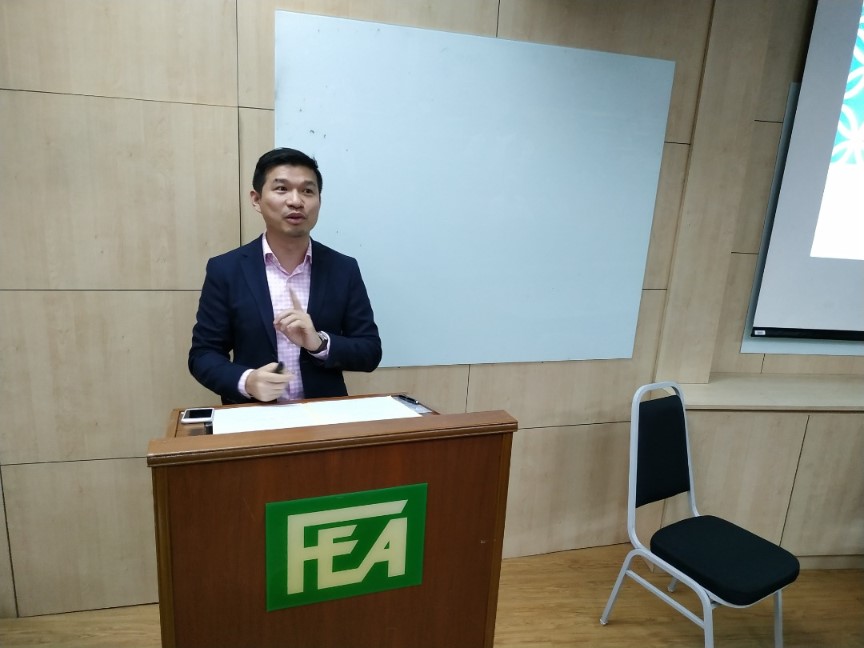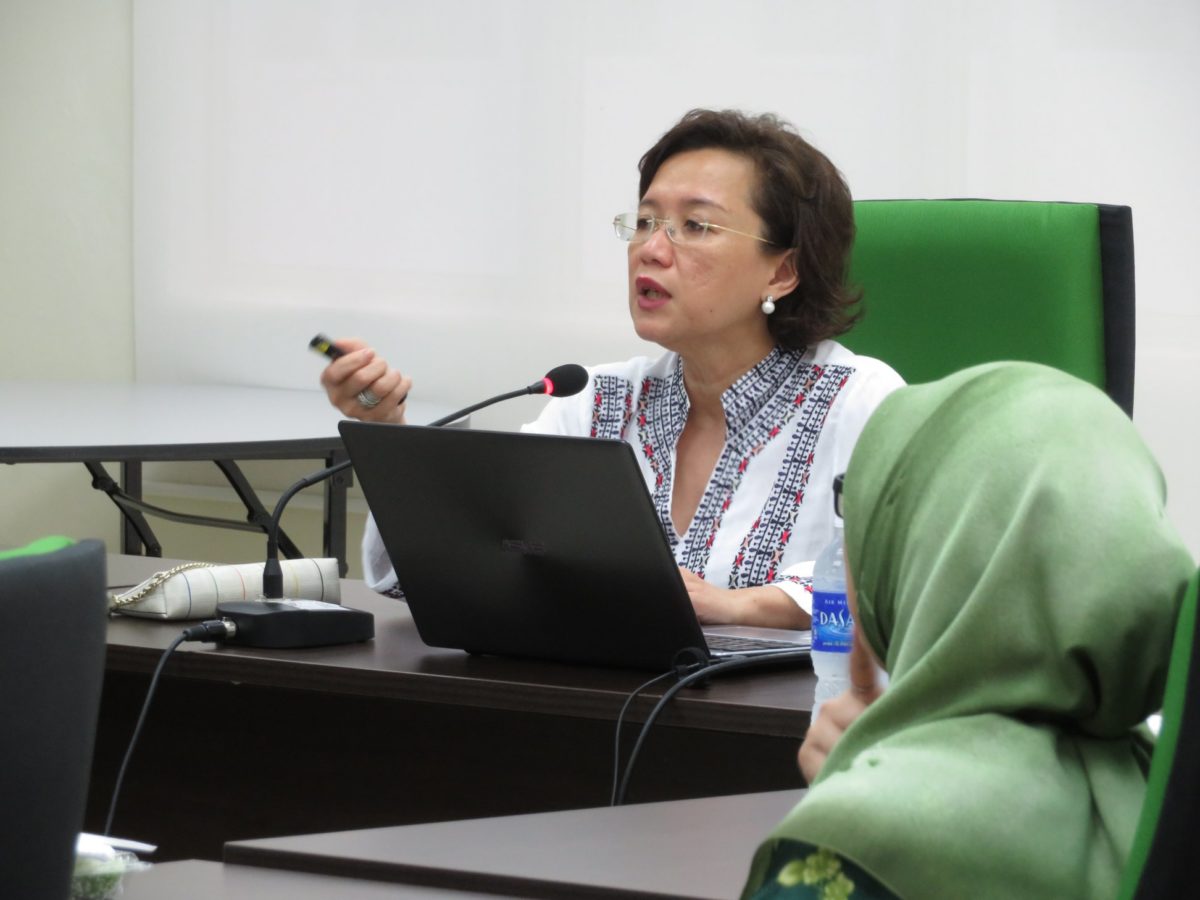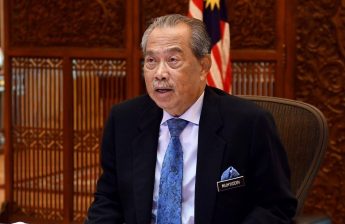KUALA LUMPUR, May 2 – Infectious disease expert Prof Dr Adeeba Kamarulzaman supports Malaysia’s relaxation of Covid-19 restrictions that she said was backed by scientific evidence as the epidemic eases.
The World Health Organization (WHO) Science Council member said the government should have, in fact, dropped the outdoor mask mandate “a long time ago”, pointing out that the risk of getting infected with Covid-19 is 18 times higher indoors than outdoors.
“We are seeing a steady decrease in the number of cases, and obviously the massive success of the vaccination programme has got us here. So, I’m very, very happy to see these changes,” Dr Adeeba told BFM’s Evening Edition last Wednesday.
“The ones that stand out to me are the masking, the check-ins because it’s a personal irritant, and the relaxation for travel requirements will hopefully encourage more visitors to Malaysia.
“They’re all very important changes. The test-to-release from quarantine is also very important. These are all very much evidence-based recommendations, so it’s good.”
The government loosened Covid-19 standard operating procedures (SOPs) effective yesterday, including no longer requiring physical distancing, wearing face masks in outdoor settings, or checking into public premises via the MySejahtera app. The legal requirement for positive Covid-19 cases to self-isolate was reduced from seven to four days.
When BFM asked whether Dr Adeeba expected the government to completely lift mask mandates, including for indoor spaces, the Universiti Malaya infectious disease physician said it depended on individuals’ risk perception.
“The [Covid-19 case] numbers are still high, not just here in Malaysia but also globally. Masking indoors is not such a difficult thing to do because you’re not only protecting yourself, but others around you — those who may not have complete protection from the vaccine: the elderly, those who are immunocompromised for whatever reason, [those who] are not able to have the third dose or have not as good a response.
“Whilst we’re still in a pandemic, I think it’s sensible to keep masks indoors.”
All Covid indicators in Malaysia have been declining since around the middle of March, with daily reported Covid-19 cases now averaging at about 3,000. Globally, Covid-19 infections and deaths are also on the downward trend across all regions except Africa that reported an increase in confirmed cases since the week starting April 18.
In an April 13 statement, the WHO’s Emergency Committee expressed concern that some governments have relaxed public health and social measures (PHSM) and reduced testing, “impacting thus the global ability to monitor evolution of the virus”.
“The Committee stressed the importance of maintaining PHSM to protect vulnerable populations, and maintaining the capacity to scale up PHSM if the epidemiological situation changes.
“States Parties are advised to regularly adjust their response strategies by monitoring their epidemiological situation (including through use of rapid tests), assessing their health system capacity, and considering the adherence to and attributable impact of individual and combined PHSM.”
WHO director-general Tedros Adhanom Ghebreyesus determined at the Emergency Committee’s April 11 meeting that the Covid-19 pandemic continues to constitute a public health emergency of international concern (PHEIC).
PHEIC is defined under International Health Regulations as “an extraordinary event which is determined to constitute a public health risk to other States through the international spread of disease and to potentially require a coordinated international response”.
Dr Adeeba advised those celebrating Hari Raya Aidilfitri to keep gatherings in their homes small if there are senior citizens, unvaccinated people, young children, and those with underlying conditions, like cancer or renal failure, who may not get a good immune response from Covid-19 vaccination.
“Maybe have staggered visits for the older people, open windows, meet outside if you can. Overall, be confident that the vaccine has really done a great job of protecting us all,” she said.
“If you want to have an extra layer of protection, do a quick RTK (rapid test kit) antigen on the day or day before. It’s not foolproof, it’s not 100 per cent, but it is another layer of assurance if you like, in addition to the other things I mentioned.”
Endemicity A Scientific And Political Decision

Dr Khor Swee Kheng from the Malaysian Health Coalition said declaring an endemic phase of the Covid-19 pandemic was not purely based on science, but is also influenced by political factors.
“The decision on when to loosen is as much scientific and political and using judgement,” the health systems expert told BFM.
He cited a report by the United States’ Centers for Disease Control and Prevention (CDC) that found the more contagious Omicron subvariant, BA.2, became the dominant Covid-19 strain in America since end March, comprising almost 55 per cent of Covid-19 infection samples that underwent genetic sequencing.
Deadline reported last April 26, citing CDC data, that a new and even more infectious subvariant of Omicron BA.2, dubbed BA.2.12.1, has now become the dominant coronavirus variant in the region spanning New York, New Jersey, and Connecticut.
“We’re, by no means, out of the woods yet,” Dr Khor said.
He also urged Malaysia to increase genomic surveillance of the coronavirus and to prepare the health care system for a potential surge of Covid-19 infections or hospitalisations, while allowing health care workers to rest during the current lull of the Malaysian epidemic.
Dr Khor welcomed the scrapping of MySejahtera check-ins to public premises, saying that contact tracing would be valuable when the Covid-19 case load is low, but may not be relevant during surges of infection as the health care system would have to prioritise limited resources on care.
“Contact tracing is intrusive because there’s a huge amount of data collected and this data may not always be governed very well.
“Sometimes, it’s totally owned and operated by the government, like Singapore, with pros and cons. In the confusion surrounding MySejahtera in Malaysia – who owns the data, who owns the app, who owns the intellectual property rights – that’s probably an example where contact tracing could have been done differently or maybe could have been done better.”
MySejahtera, with more than 38 million registered users, is currently mired in controversy surrounding unclear ownership of the app and its huge database. Parliament’s Public Accounts Committee is currently investigating the development and procurement of the Covid-19 app and expects to table its findings in the upcoming Parliament meeting in July.








